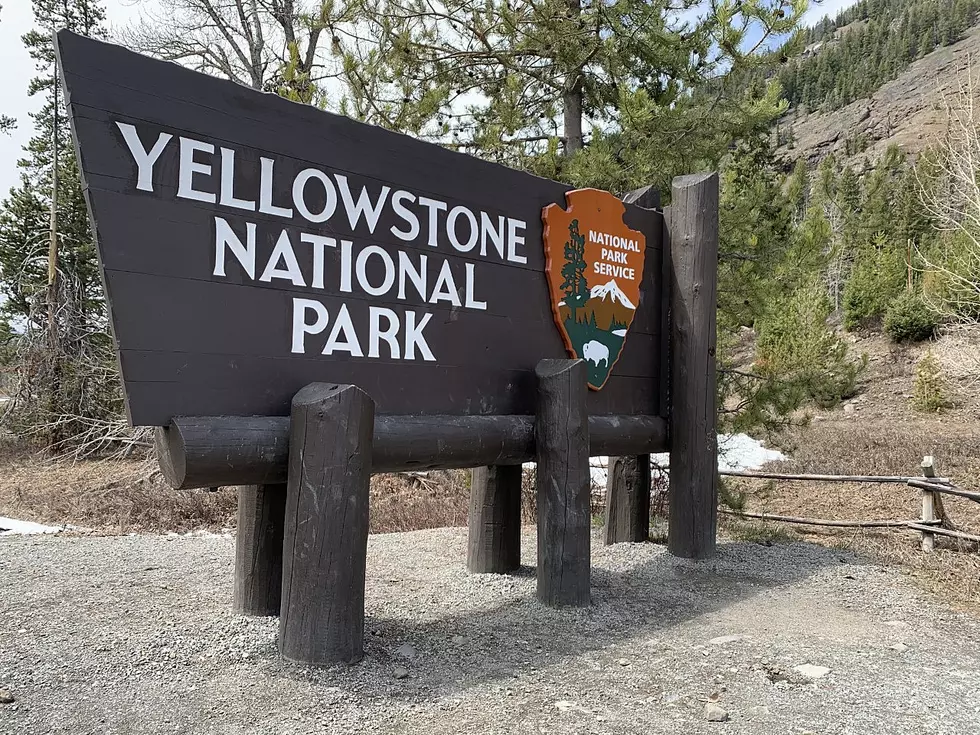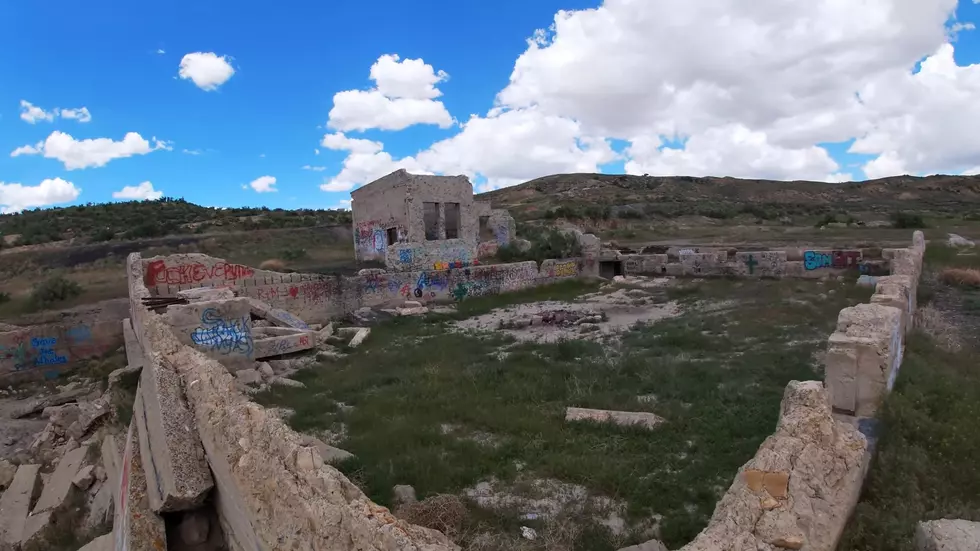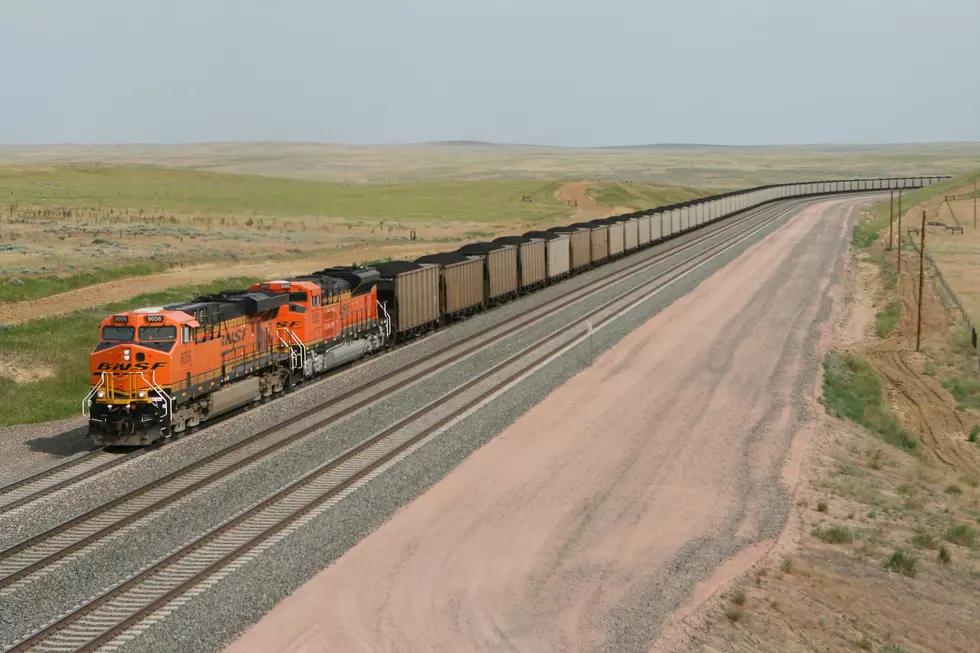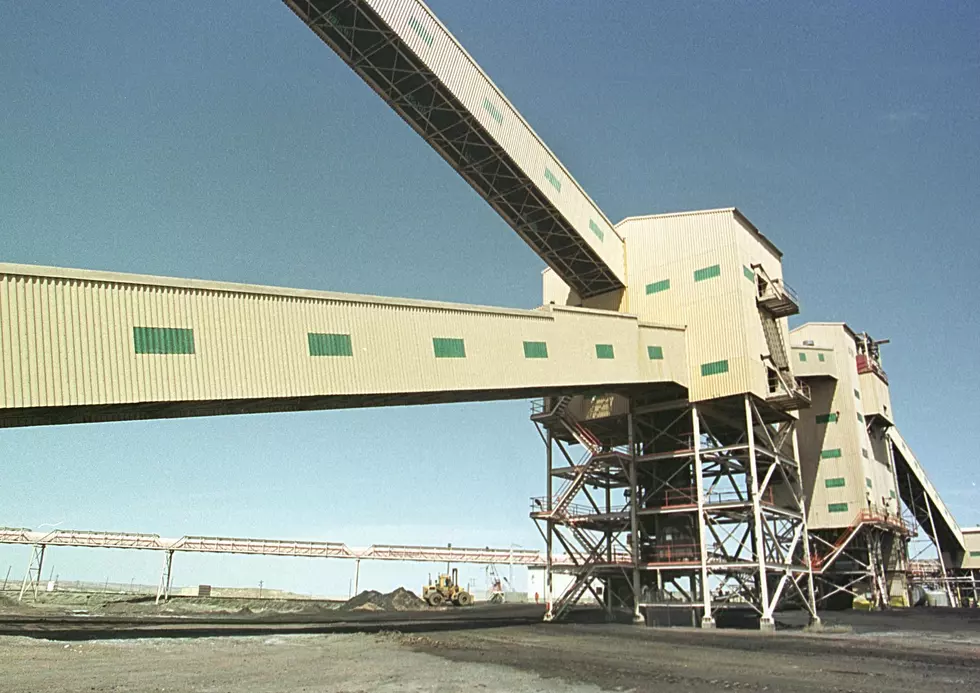
U.S. Agency Asked to Investigate Miner’s Reclamation Bonds
BILLINGS, Mont. (AP) — Federal officials are being asked to investigate whether a financially-troubled coal company has posted sufficient bonds to cover future reclamation work at its mines in the U.S. and Canada.
The Western Organization of Resource Councils, a Montana-based conservation group, said Wednesday that it was concerned that a bankruptcy by Westmoreland Coal Company could leave taxpayers to cover future reclamation costs.
The group asked the Interior Department to investigate.
Westmoreland, which is based in Englewood, Colorado, told The Associated Press in a statement that it is in full compliance with bonding regulations for all of its mines.
"Westmoreland is 100 percent bonded by independent surety companies for the full costs of reclamation at all of its sites worldwide," the company said.
Bonds are required under U.S. and Canada laws to cover potential cleanup and reclamation costs incurred by taxpayers if a mining company is unable to carry out the work.
Westmoreland sold 50 million tons of coal last year from its mines in Montana, Wyoming, New Mexico, Texas, North Dakota, Ohio, Alberta and Saskatchewan.
Environmental regulators in Montana, Wyoming, North Dakota and Ohio told AP that Westmoreland was up to date on its bond obligations.
However, in Texas Westmoreland has been asked to provide an additional $3.2 million in bonds for its Jewett mine south of Dallas. The request came after the mine's reclamation costs were recalculated by regulators, said Ramona Nye, a spokeswoman for the state Railroad Commission, which oversees the energy industry.
In Alberta, which holds $149 million in securities for the company's mines, officials said they did not know if that amount was sufficient to cover reclamation costs because Westmoreland has not yet submitted its annual liability report.
Information on Westmoreland's mines in New Mexico and Saskatchewan was not immediately available.
"It's not clear to us what mines are sufficiently bonded versus what mines are not," Western Organization of Resource Councils Chair Beth Kaeding said. "We don't know what will happen in a mine area that's not sufficiently bonded. We don't believe it's the taxpayer's responsibility. It's the company's."
The Interior Department's Office of Surface Mining Reclamation and Enforcement did not have an immediate response to the group's request for an investigation, agency spokesman Chris Holmes said.
Westmoreland disclosed last month in an annual report submitted to securities regulators that it was considering filing for bankruptcy protection.
It reported posting $673 million in surety bonds and letters of credit to cover future reclamation work, and listed $773 million in "projected final reclamation costs."
The $100 million difference between those amounts doesn't necessarily mean Westmoreland has posted insufficient bonds for future reclamation work.
That's because bond amounts are based on potential reclamations over the next five years, whereas the $773 million reported to the Securities and Exchange Commission is based on the operating life of the company's mines, according to state officials and company representatives.
The company said it also has $510 million in cash collateral, securities and expected reimbursements from customers. Westmoreland said those assets "ensure there are financial resources well in excess of projected costs for successful reclamation."
More From KOWB 1290









